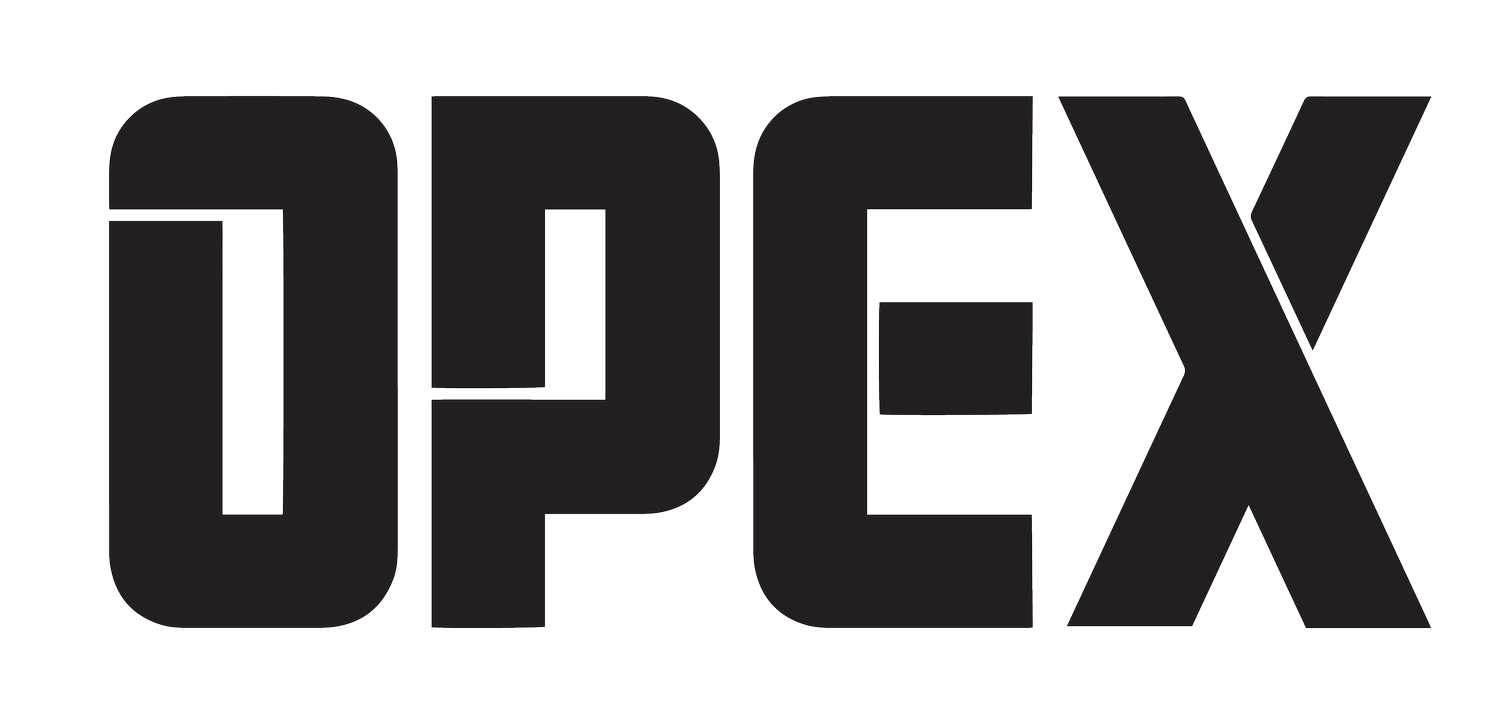ARE YOU TALKING TO YOUR CLIENTS ABOUT THEIR POOP?
“Can you talk to your clients about their poop?"
That was a question OPEX Founder James FitzGerald put to our cohort a couple weeks ago.
“It’s an indisputable barometer of health,” he added. “You need to talk about it with your clients.”
If your poop is generally on point, then your body is probably absorbing and digesting food optimally (or at least well). If you have daily constipation or diarrhea, on the other hand, something is not right.
“That’s not normal. You can layer these people in salmon and broccoli and they’re still going to end up in a diseased state," FitzGerald said.
As someone who prides myself on my ability to connect with my clients—on knowing the names of their children and being familiar with what's going on in their lives—this shook me a little bit, because the truth is, other than one client who seems to have take a giant dump every time he arrives at the gym, I have never talked to my clients about their poop (And in his case, it’s only to give him a hard time for stinking up the bathroom every time he gets to the gym).
But the aha moment actually had less to do with poop and more about a greater concept: It brought up the juxtaposition of giving your clients what they want versus giving them what they need.
What they need to be doing is talking about their poop—and about their sleep habits, about how much water they drink, about whether they get outside and see sunlight, about whether they eat vegetables every day—and what they want to be doing is talking about how many grams of protein, carbohydrates or fat they should be eating each day.
As a coach, whether I was conscious of it or not, I realized in that moment that this has always been a struggle for me:
I have a 50-year-old client who really wants to learn a muscle-up, but her shoulders just don't work that well. I haven't had the heart to burst her bubble tell her a muscle-up is probably not ever going to be an appropriate movement for her.
And another client who wants me to write her a 30-day meal plan because she wants to lose 30 pounds, before we have even talked about how often she eats vegetables, or how much water she is drinking each day.
My approach in the past has been to try to do both: To give my clients some of what I think they need, but also to pander to what they say they want, hoping that I find a delicate balance.
The result has been not doing either very well.
I put my client on a program to help improve her shoulder mobility, all the while building strength to get a muscle up. Two years later, she still doesn’t have a muscle up and her shoulders aren't any healthier.
Going back to the poop moment: I realized in that moment that the reason I have avoided talking about poop—or explaining to my client that a muscle-up probably isn’t on her agenda, or that a rigid meal plan isn’t going to give her long term success—is because of my own biases.
I assume if I have an honest conversation with Josephine about where she's at—her training age, her actual age (being 50 years old), her shoulder health, her current strength level etc—that she will get discouraged and quit. I assume that if I don't write a meal plan for my other weight loss client that she might be upset and go find a coach who will.
They're just assumptions, and they're not rooted in truth, explained FitzGerald. In my case, the assumptions have led me to a place where I shy away from digging deeper, and provide a less than ideal service as a result.
The bigger picture: One thing that has been reiterated through the CCP is the importance of building trust through authentic conversation: about digging into people's lives, into the way they think (and the way you think) to get to the bottom of something and discover the truth. And sometimes it might just start with a real, authentic conversation about poop.
And I realize now that doing this will help us find a middle ground and get to a place where what my client wants is also what she needs. (That the two don’t have to be mutually exclusive!)
As a coach, my job is about to get a whole lot easier!
ARE YOU A FITNESS COACH OR WANT TO BECOME ONE?
Are you a fitness coach or interested in becoming one?
Helping people reach their goals through exercise and nutrition is a fulfilling experience.
It is also a skill that can be learned.
In just six months you can become an independent fitness coach, running your own small business and dramatically impacting the lives of those around you.
Sound intriguing?
Download our free curriculum guide today and learn exactly how you can become a fitness coach with our Coaching Certificate Program (CCP).

